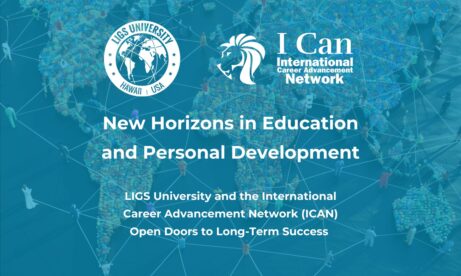
How to think strategically?v
What is strategic thinking? To think strategically requires founders and key team members to continually assess your business and your industry, and to apply new business insights. The goal is to use these insights to reinforce a company’s differentiation in the marketplace to achieve competitive advantage.
Strategic people see the world as a web of interconnected ideas and people and they find opportunities to advance their interests at those connection points.
Adaptive strategic leaders – the kind who thrive in today’s uncertain environment – do five things well:
1. Anticipate. Most of the focus at most companies is on what’s directly ahead. The leaders lack “peripheral vision.” This can leave your company vulnerable to rivals who detect and act on ambiguous signals. Pay attention not only to your business area but also to the periphery of the industry.
is on what’s directly ahead. The leaders lack “peripheral vision.” This can leave your company vulnerable to rivals who detect and act on ambiguous signals. Pay attention not only to your business area but also to the periphery of the industry.
2. Think critically. Critical thinkers question everything. To master this skill, you must force yourself to reframe problems to get to the bottom of things, in terms of root causes and challenge current beliefs and mindsets, including your own.
3. Interpret. Ambiguity is unsettling. Faced with it, you are tempted to reach for a fast (potentially wrongheaded) solution. A good strategic leader holds steady, synthesizing information from many sources before developing a viewpoint. Seek patterns in multiple sources of data and question prevailing assumptions and test multiple hypotheses simultaneously.
4. Decide. Many leaders fall prey to “analysis paralysis.” You have to develop processes and enforce them, so that you arrive at a “good enough” position. To do that well, you have to carefully frame the decision to get to the crux of the matter and take a stand even with incomplete information and amid diverse views
5. Learn. As your company grows, honest feedback is harder and harder to come by. You have to do what you can to keep it coming. This is crucial, because success and failure – especially failure – are valuable sources of organizational learning. Here’s what you need to do: Encourage and exemplify honest, rigorous debriefs to extract lessons and celebrate both successes and (well-intentioned) failures that provide insight.



